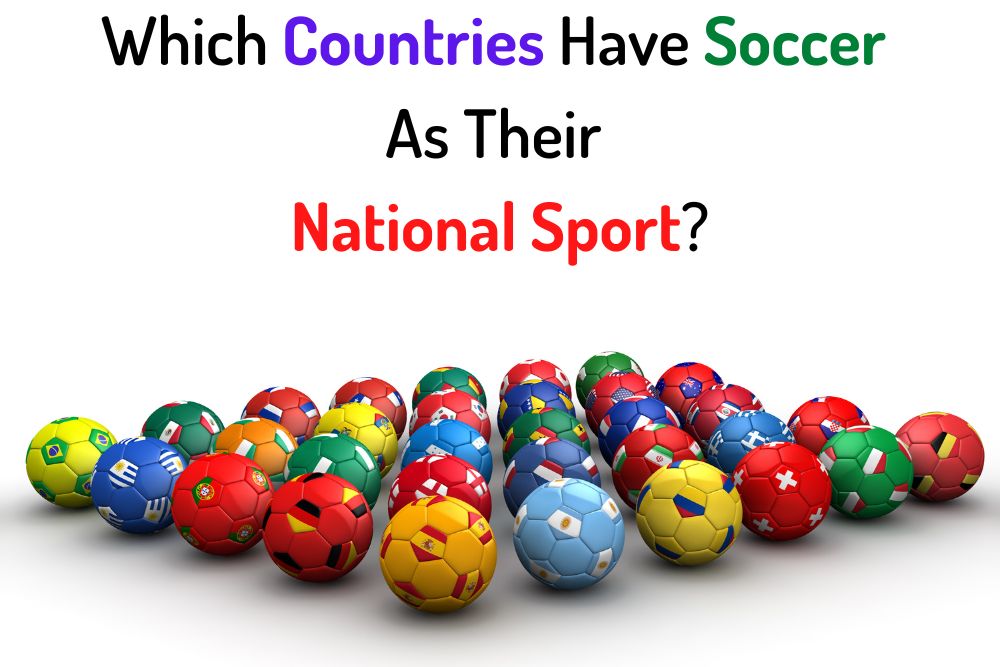The history of organized sports can be traced back to the ancient world when it was mostly engaged in by locals for entertainment, warfare, and ritual purposes.
Sports are a crucial part of human existence. They help in the development of basic human skills and also foster unity and collaboration among different countries.
During the early days of sports, they were mostly used to test the fitness and proficiency of soldiers. Team sports were mostly used to train soldiers on how to work as a team.
For over 900 years, different regions have competed with each other in sometimes violent games for different reasons. However, history claims that the majority of the world’s great sports sprang up in 19th century Britain.
Today, many countries around the world have certain sports they hold sacred to the point of making them their national sport.
As a soccer lover, you will be surprised by the number of countries that have adopted soccer as their national sport, both the ones established by law (de jure) and those not established by law (de facto).
National sports have a way of uniting the country. Regardless of the national differences, whenever such sports are played, the nation comes to a standstill with everyone trumping support for their team to win.
Today, we will highlight all the countries that have soccer as their national sport.
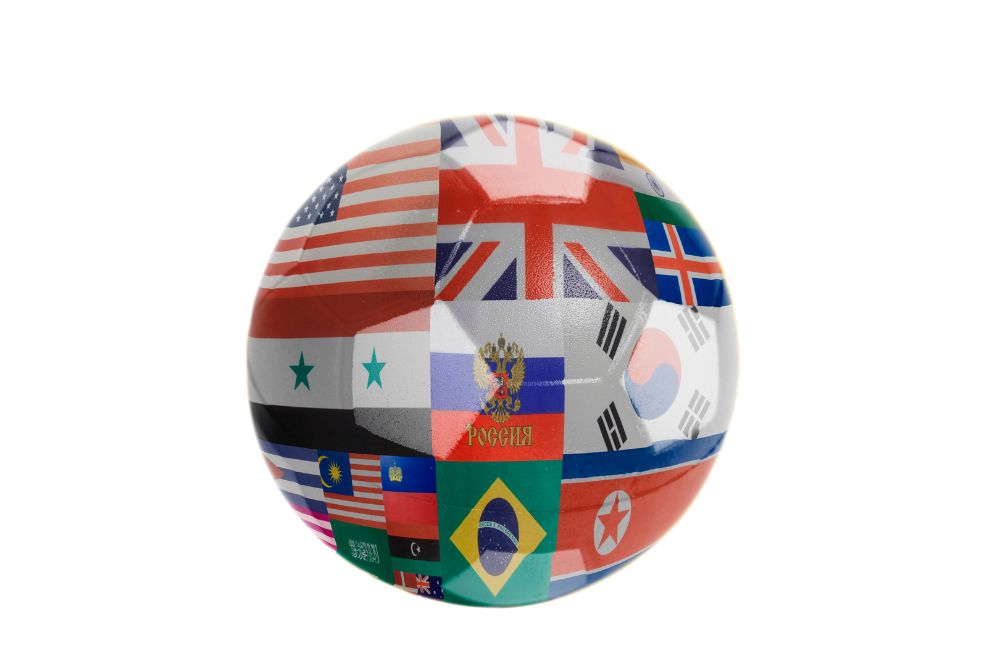
Quick Navigation
Which countries have soccer as their national sport?
The national sport of a country can simply be defined as a game chosen by that country to be known, based on its cultural significance or popularity.
A country’s national sport is often cherished by the citizens of that particular country mostly because it promotes their cultural values and rich history.
Sport goes way beyond just entertainment and fitness. It teaches us vital life lessons while helping us maintain good mental and physical health.
Some countries even celebrate National Sports Days to encourage more of their citizens to actively engage in sporting activities.
It is not surprising that a good number of countries have adopted soccer as their national sport, even when numerous other sports are played in such countries.
Soccer remains the most popular sport on earth and is played in over 200 countries. So, most countries don’t want to be left out of the joy and wealth that soccer brings.

Below is a table showing the list of countries that have soccer as their national sport.
| Country | National Sports |
| Albania | Soccer (de facto) |
| Algeria | Soccer (de facto) |
| Bahrain | Soccer (de facto) |
| Belgium | Soccer (de facto) |
| Benin Republic | Soccer (de facto) |
| Bolivia | Soccer (de facto) |
| Bosnia and Herzegovina | Soccer (de facto) |
| Botswana | Soccer (de facto) |
| Bulgaria | Soccer (de facto) |
| Burkina Faso | Soccer (de facto) |
| Burundi | Soccer (de facto) |
| Cameroon | Soccer (de facto) |
| The Central African Republic | Soccer (de facto) |
| Chad | Soccer (de facto) |
| Comoros | Soccer (de facto) |
| Costa Rica | Soccer (de facto) |
| Croatia | Soccer (de facto) |
| Cyprus | Soccer (de facto) |
| Côte D’Ivoire | Soccer (de facto) |
| The Democratic Republic of The Congo | Soccer (de facto) |
| Denmark | Soccer (de jure) |
| Djibouti | Soccer (de facto) |
| Egypt | Soccer (de facto) |
| El Salvador | Soccer (de facto) |
| Equatorial Guinea | Soccer (de facto) |
| Eritrea | Soccer (de facto) |
| Ethiopia | Soccer (de facto) |
| Gabon | Soccer (de facto) |
| Germany | Soccer (de facto) |
| Ghana | Soccer (de facto) |
| Greece | Soccer (de facto) |
| Guatemala | Soccer (de facto) |
| Guinea | Soccer (de facto) |
| Guinea-Bissau | Soccer (de facto) |
| Haiti | Soccer (de jure) |
| Honduras | Soccer (de facto) |
| Iraq | Soccer (de facto) |
| Israel | Soccer (de jure) |
| Italy | Soccer (de facto) |
| Jordan | Soccer (de facto) |
| Kazakhstan | Soccer (de facto) |
| Kenya | Soccer (de facto) |
| Kuwait | Soccer (de facto) |
| Liberia | Soccer (de facto) |
| Libya | Soccer (de facto) |
| Malawi | Soccer (de facto) |
| Maldives | Soccer (de facto) |
| Mali | Soccer (de facto) |
| Malta | Soccer (de facto) |
| Mauritania | Soccer (de facto) |
| Mauritius | Soccer (de jure) |
| Morocco | Soccer (de facto) |
| Mozambique | Soccer (de facto) |
| Namibia | Soccer (de facto) |
| Netherlands | Soccer (de facto) |
| Niger | Soccer (de facto) |
| Nigeria | Soccer (de facto) |
| Oman | Soccer (de facto) |
| Palestine | Soccer (de facto) |
| Poland | Soccer (de facto) |
| Portugal | Soccer (de facto) |
| Qatar | Soccer (de facto) |
| Rwanda | Soccer (de facto) |
| Sao Tome and Principe | Soccer (de facto) |
| Saudi Arabia | Soccer (de facto) |
| Senegal | Soccer (de facto) |
| Seychelles | Soccer (de facto) |
| Sierra Leone | Soccer (de facto) |
| Singapore | Soccer (de facto) |
| Somalia | Soccer (de facto) |
| South Sudan | Soccer (de facto) |
| Sudan | Soccer (de facto) |
| Sweden | Soccer (de facto) |
| The Syrian Arab Republic | Soccer (de facto) |
| Tanzania | Soccer (de facto) |
| Togo | Soccer (de facto) |
| Trinidad and Tobago | Soccer (de facto) |
| Tunisia | Soccer (de facto) |
| United Kingdom | Soccer (de facto) |
| Uzbekistan | Soccer (de facto) |
| Vietnam | Soccer (de facto) |
| Zambia | Soccer (de jure) |
| Zimbabwe | Soccer (de facto) |
Most countries chose their national sports based on many diverse reasons such as their rich history, cultural values, economic benefits, etc. Having a national sport is a great way to boost a country’s image on the globe.
Soccer is the most popular sport in over 226 countries of the world. It offers great opportunities to nations in terms of annual revenue, creating employment, and is used as a tool to foster peace and unity amongst divided communities.
The World Cup tournament remains the biggest sporting event on earth with a massive viewership of up to two billion people. Only a handful of countries haven’t been swept over by the allure and essence of the beautiful game of soccer.
With the popularity and massive global acceptance of soccer, we believe that more countries will officially adopt it as their national sport in the near future. Let’s take a brief look at a few countries around the world where soccer is their national sport and discover the reasons why it was chosen.
1. Haiti
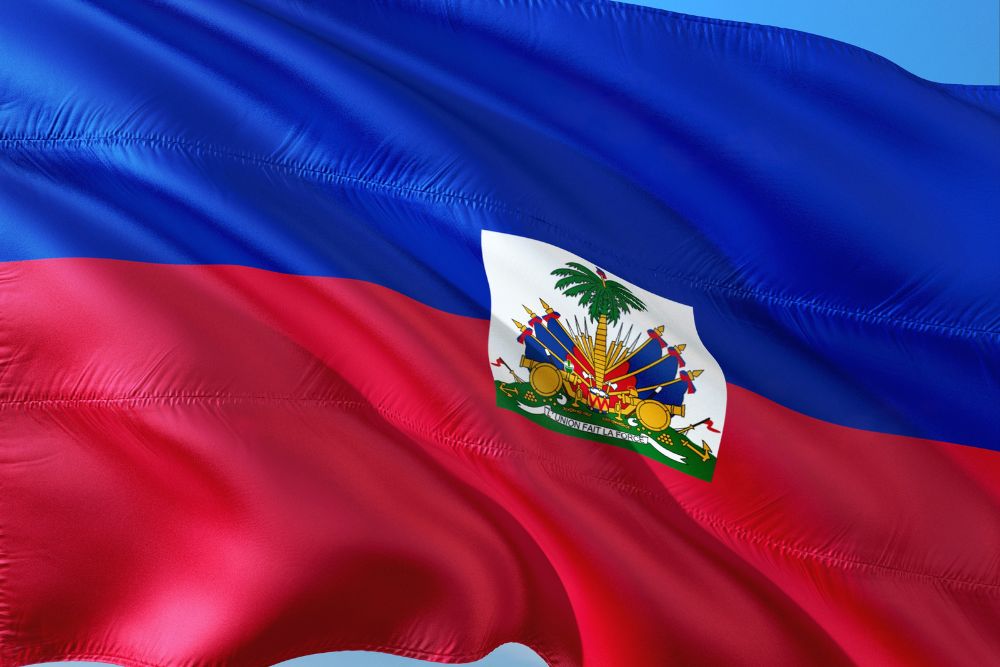
Association football which is also known as soccer is no doubt the most popular sport in Haiti. You can hardly walk the streets of Haiti without finding a group of young people playing soccer.
Haiti’s national soccer team made history in 1974 by becoming the second Caribbean team to ever qualify for the World Cup. Among their list of numerous victories include winning the Caribbean National Cup in 2007.
Haiti has produced great soccer players, the likes of Sylvio Cator who won silver in the 1928 Amsterdam Olympic Games, Emmanuel Sanon, known for playing more qualifying matches than any of his teammates, and also Joseph Eduard Gaetjens, one of the most famous soccer players from Haiti.
2. Mauritius
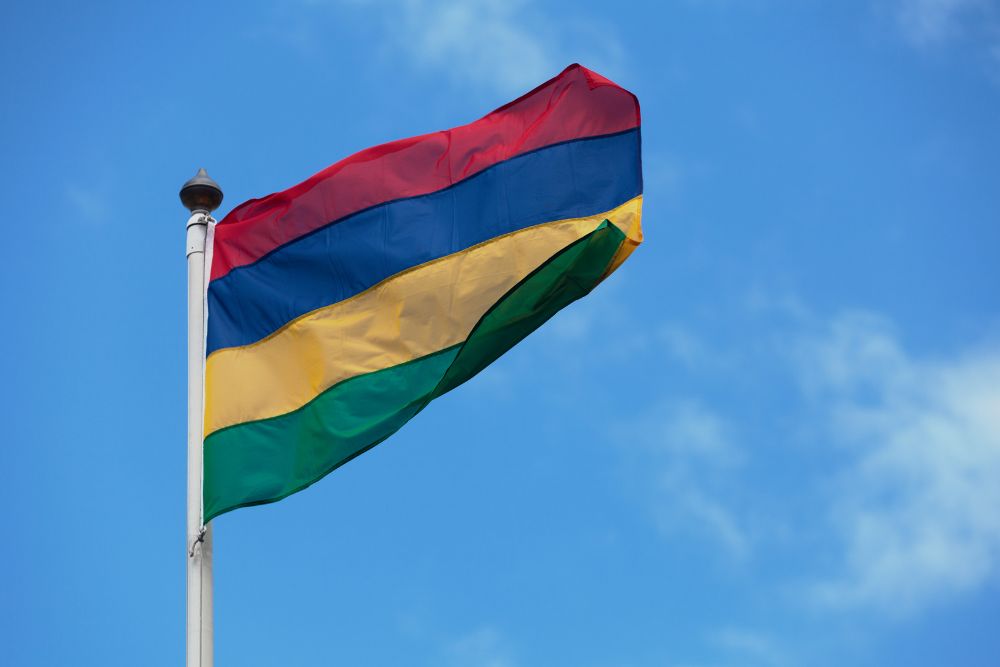
Even though Mauritius is an island nation located around the southeast coast of Africa, it was influenced by the United Kingdom—its colonist—to start enjoying soccer. Soccer is the national sport of Mauritius because it is more popular than any other sport in the country.
Its national soccer team is called the Club M. The island nation joined FIFA in 1962 and the Confederation of African Football (CAF) in 1963. Although soccer has faced a lot of challenges in this country, it remains its national pride and passion.
The affairs of soccer in Mauritius are governed by the Mauritius Football Association (MFA). The Mauritian League, also called the Barclays League, was created in 1935 and it remains the top domestic soccer league to date.
Club M has won the Indian Ocean Games twice and also qualified for the African Cup of Nations in 1974. Soccer hasn’t grown as big as expected in Mauritius but we believe that it will exceed new heights since it is the country’s national sport.
3. Israel
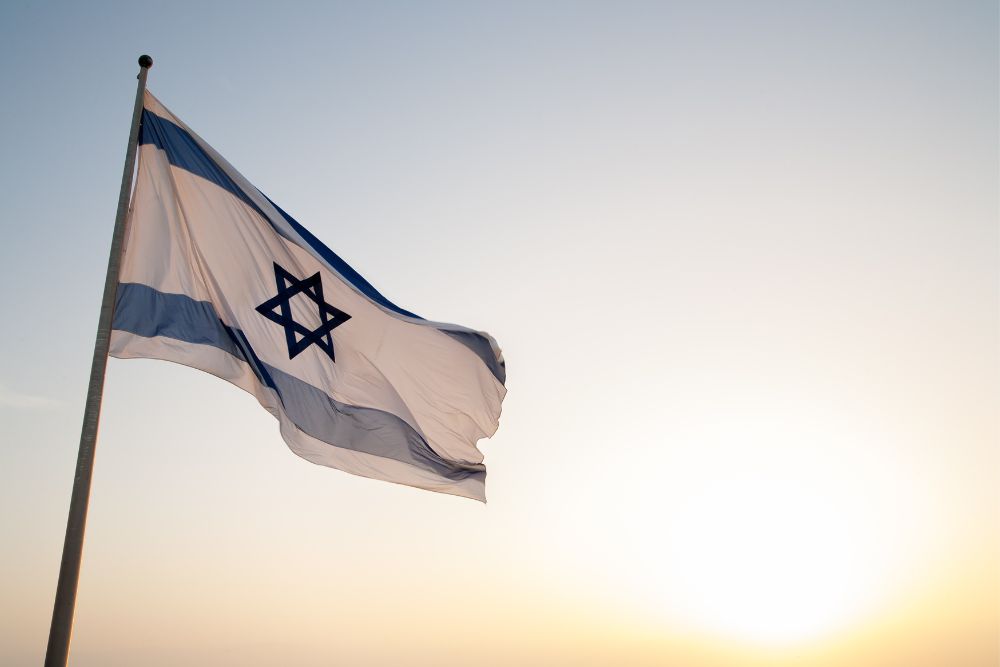
According to the Ministry of Culture and Sport in Israel, sport is very important in promoting the culture and goals of the Israeli nation. Soccer is the national sport of Israel due to its popularity in the country.
The Israel Football Association (IFA) oversees the affairs of soccer in Israel. The Israeli Premier League attracts massive followership. Also, the Israeli soccer teams have qualified five times to participate in the UEFA Champions League group stage.
The Israeli national soccer team is very skilled and competitive which has won them the Israel Davis Cup and the AFC Asian Cup in 1964 to name a few. They reached the semifinals of the Davis Cup in 2009 and also performed exceptionally well at the Olympic Games.
One of the greatest achievements of its national team is qualifying for the FIFA World Cup hosted by Mexico in the year 1970. Some famous Israeli players include Ben Sahar, Idan Tal, Yaniv Katan, and Tomer Chencinski, to name a few.
4. Denmark
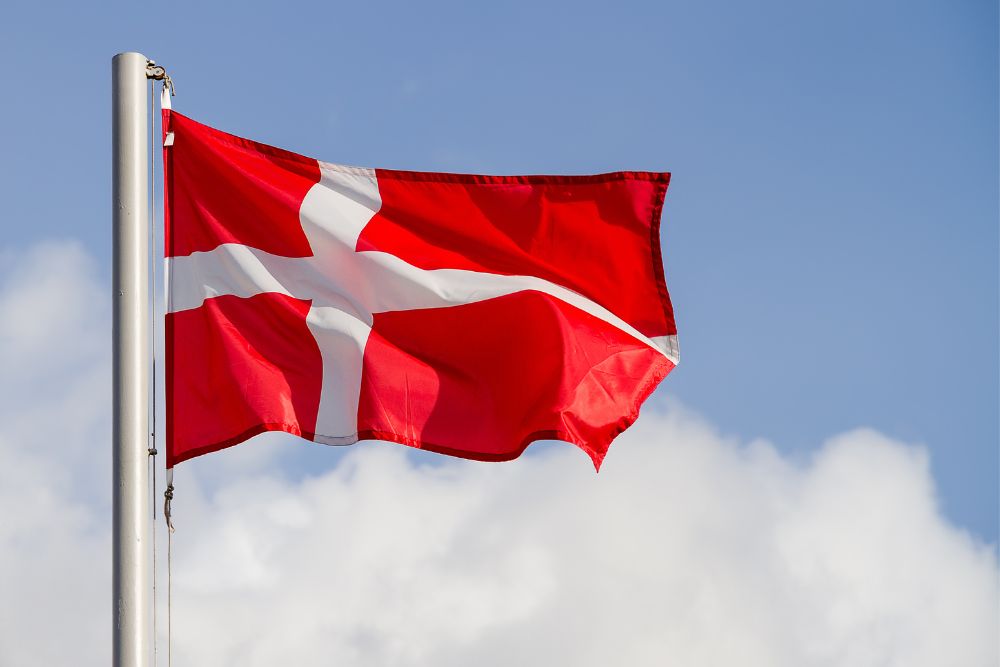
There are many diverse sporting activities in Denmark but soccer reigns supreme. Soccer is the national sport of Denmark with over 313,000 players distributed across more than 1600 clubs in the country.
Its teams have recorded many outstanding results in the world of soccer such as qualifying for the European Championships 6 times in a row from 1984 to 2004 and also going ahead to win the Championship in 1992.
They also won the Confederations Cup in 1995 and managed to reach the 1998 World Cup quarter-final. Its national team once reached 3rd in the May 1997 FIFA ranking and claimed the first position in the World Football Elo rating system.
Sporting activities are highly encouraged in schools by the Danish government and local sports clubs are located in most towns and cities all over Denmark. Some legendary Danish players include Michael Laudrup, Allan Simonsen, and Dahl Tomasson, to name a few.
5. Zambia
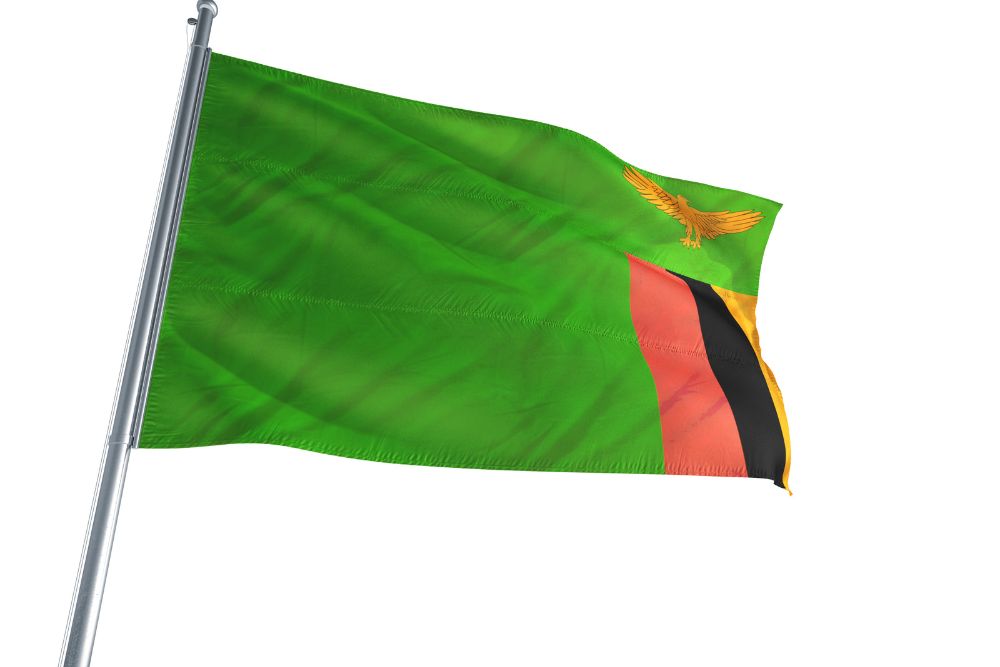
Although in the past Zambians participated in local games and sports, Western sports like soccer and its likes were imported into Zambia by European colonists in the early 1900s. Soccer gained massive prominence and acceptance in the country and eventually became its national sport.
Soccer was first introduced in Livingstone from where it spread throughout the entire country. The sport commands a lot of respect in Zambia. When important local and international matches are played, it is common to find streets and markets completely deserted.
Major devastation hit the Zambian men’s national team in 1993 when all but 3 of its entire players and coaching crew perished in a plane crash while traveling for a World Cup qualifying match.
However, the country has managed to outlive that dark past by raising efficient players to fill the vacuum created by that unfortunate accident. Soccer means more than just sport to an average Zambian; it signifies hope and light at the end of the tunnel.
One of Zambia’s major victories in soccer was beating the then world champion Italy at the Olympic Games in Seoul in 1988. They also have 3 African Cup of Nations final appearances to their credit and went all the way to win the 2012 AFCON tournament after beating Ivory Coast.
Conclusion
Going back in time before the invention of modern soccer, it has always been a unifying tool between nations and tribes.
From North America to the continent of Africa and across the entire seven continents of the world, the massive roar and passionate chants that go with live soccer matches are remarkably similar.
All around the world, great meaning and relevance are often attached to soccer, some diehard fans even go as far as making obsessive statements like “soccer is my religion” and “soccer is life”.
Soccer is a global movement and countries adopting it as their national sport feel the need to do so because of what the sport represents.
Hi there, I’m Jay.
Soccer is everything in my life! My friends and I have created this blog with all our enthusiasm, passion, and understanding after years of playing pro soccer. Hope you will enjoy it!
